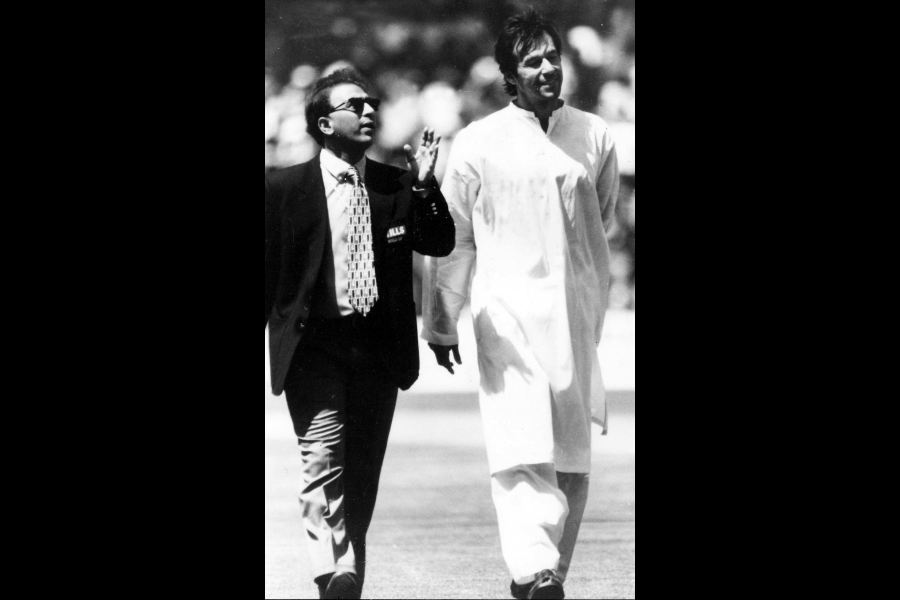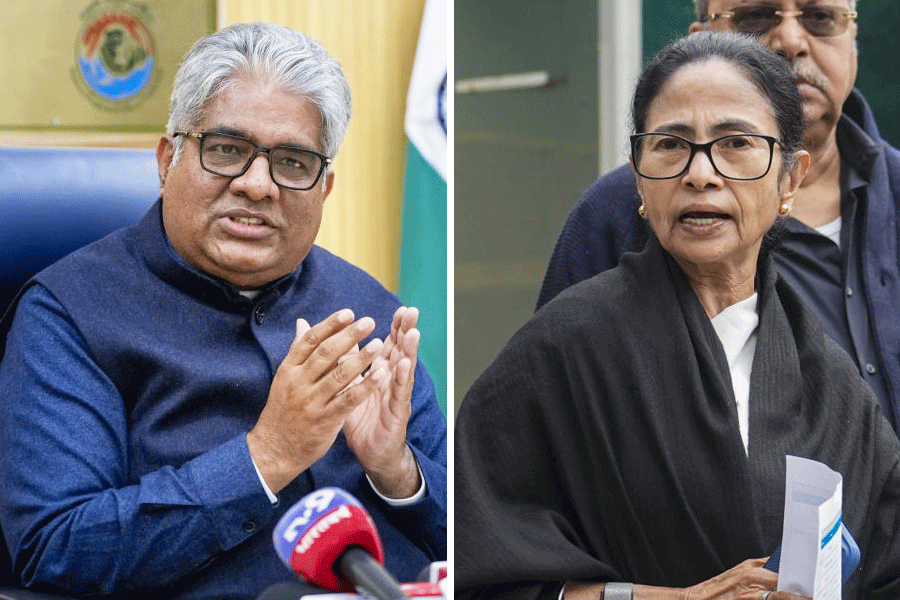Entertainment, fun, and a vote” was how British deputy high commissioner Bruce Bucknell introduced the debate at the British Club Calcutta on July 14. It was the day of the ladies’ singles final at Wimbledon and the motion for the debate was ‘In the opinion of the house, women deserve equal pay as men in a professionally competitive sport like tennis’. Later that evening Serena Williams was expected to complete her comeback from childbirth, as the favourite to win the Wimbledon title against Angelique Kerber. Before the German defeated Serena 6–3, 6–3 at the All England Club in London, t2 enjoyed the rousing debate here at the British Club Calcutta.
FOR THE MOTION

PR consultant Rita Bhimani argued persuasively for a move away from tradition, describing the sometimes-five hour men’s games as “over-tenacious and yawn-provoking”. She went on to praise both Serena Williams and Angelique Kerber for their responsibilities as role models.

Speaking in support of the motion was Satyajeet Burman, a former tennis player and coach, who talked of the “fundamentally flawed” fact of female tennis players having “the same job”, but “different pay”. He convincingly explained that the same investment is needed to launch both a man’s and a woman’s tennis career, and so the reward for success should be the same.

Dr Arundhati Chakraborty of Apollo Gleneagles Hospital cited a number of studies about the gender pay gap in sport, declaring that this “topic should not exist in the 21st century”.
AGAINST THE MOTION

Opening the debate for the opposition was Gary O’Brien, a coach at the Bengal Tennis Association. He emphasised the importance of tradition in tennis, noting that it is often referred to as “the gentlemen’s game”. Grand slams, it was argued, have a unique tradition, which women have broken, and in doing so have lost support. The tennis coach also emphasised the business-like nature of the modern game: TV rights for the men’s and women’s games are different, and so prize money must differ accordingly.

Dr Rabin Chakraborty of Medica Superspecialty Hospital sought to show that women’s tennis is “just not the same game” by explaining the different physiologies of men and women.

Sports journalist and commentator Kishore Bhimani prefaced his remarks humorously: “I can’t be held responsible for my words” he declared, “because I am on British soil.” Perhaps that was for the best. The sports commentator’s arguments could perhaps be summed up in one line: “In any sporting discipline, there is no comparison between the two genders.”

Asked why Wimbledon remains a success, British deputy high commissioner and debate moderator Bruce Bucknell listed “the grass, the traditions, the brilliant management, but most importantly its ability to evolve with the times”. “Sport”, said Bucknell, “is about relief from our ordinary lives”, and this Wimbledon tournament has done that so perfectly, thanks to a fascinating women’s draw.

Text: Oliver Sykes
(A student of Durham University, interning with t2)
Pictures: Biswajit Kundu










